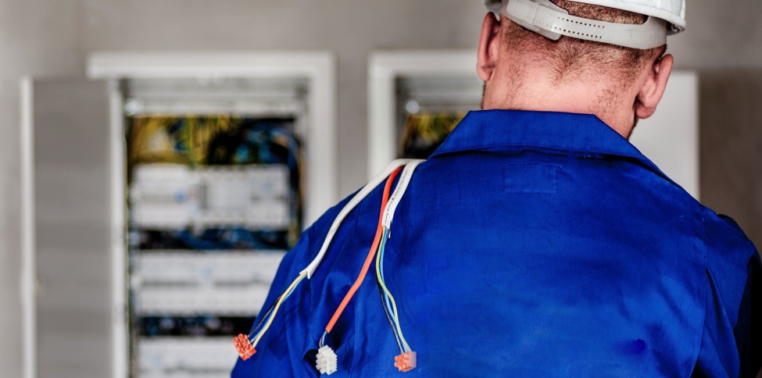
The landlords are responsible for the electrical safety of the tenants. Read more to find out why an electrical inspection should be carried out.
As a landlord, your legal duty is to make sure that the property you are letting out is safe and electrical equipment inside that house is safe. The Landlord and Tenants Act of 1985 provides for this provision. You will be required to carry out regular electrical checks in the property. You will be required to pay the landlord electrical safety certificate cost. In this article, we will examine some of the electrical checks you should be carrying out on your property.
Carrying Out the Electrical Check
If you will not be using a registered electrician, always make sure you inform the building control of your local authority. However, as a way of making sure you have complied with the law, it is always advisable to hire registered electrician.
The electrical installation certificate should always be obtained after every electric installation. In most cases, the law provides that the certification should be carried out by a third independent party and not the person who carried out the installation.
If the installation is checked and certified, you need to have it tested periodically after every five years and no more than five years. Depending on the condition of the electrical installation, the electrician providing the Electrical Condition Report can inform you to carry out the testing sooner or later. The date will be specified on the Electrical Condition Report.
In some cases, the local authority can request you to give them the evidence of your electrical certification if your property has multiple locations. When you receive such a request in writing, make sure you supply them with the ECR within a period of 7 days.
Electrical Equipment in the Property
If there is any electrical equipment in the property such as fridges, kettle or lamps, always make sure you have kept them in a safe condition. Even though there is no legal obligation about the electrical equipment in the property, always make sure you carry out Portable Alliance Test (PAT) either annually or any time of the year.
Electrical Safety First recommends that any of the equipment which you do provide to the tenants should bear the British Standard Kitemark which is an indication that it has been approved by British Electrotechnical Approvals Board.
It should first have the CE mark which is put by the manufacturer indicating that the equipment meets the EU legislation. If there are any instruction manuals about the electrical equipment in the house, issue it to the tenants so that they will handle the equipment properly.
Changing Tenancies
When it comes to the change of tenancies, as the landlord, there are different roles you should carry out. Make sure you carry out an inspection on the property to make sure it is safe to let.
When carrying out the inspection, check out for any broken sockets and make sure there are no live parts which are accessible. The cable plugs and the electrical appliances within the house should not have sustained any damages.
The landlord electrical safety certificate cost is lower in most of the countries. Getting an electrician to carry out the test should take the shortest time possible.




 Request Callback
Request Callback